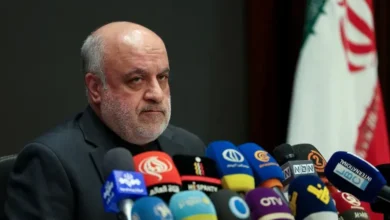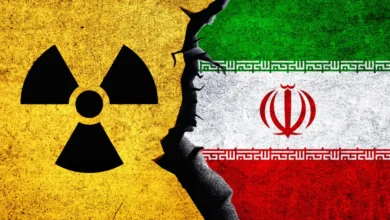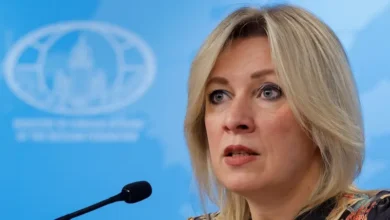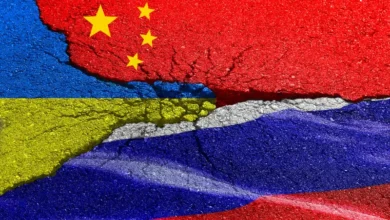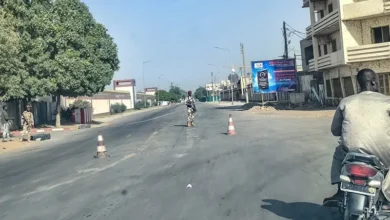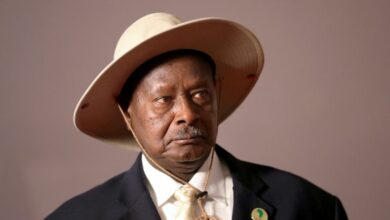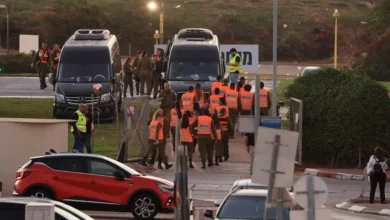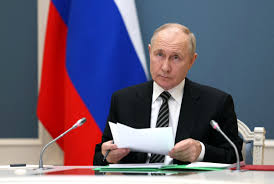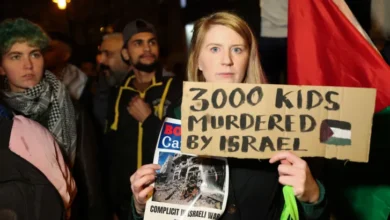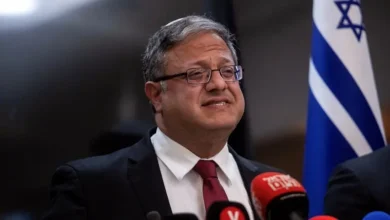Bangladeshi rap, memes helped oust Hasina — now they’re reshaping politics
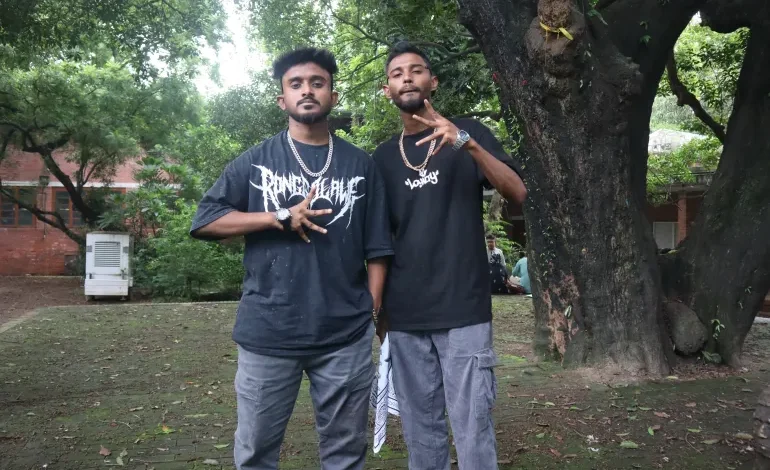
On July 16, 2024, as security forces launched a brutal crackdown on student protesters campaigning against then-Prime Minister Sheikh Hasina’s increasingly authoritarian government, Bangladeshi rapper Massrur Jahan Alif — popularly known as Shezan — released a song.
Titled Kotha Ko (speak up in Bangla), the song asked: “The country says it’s free, then where’s your roar?”It was the day that Abu Sayed, a protester, was killed, becoming the face of the campaign to depose Hasina after 15 years in power. Sayed’s death fuelled the public anger that led to intensified protests. And Shezan’s Kotha Ko, along with a song by another rapper, Hannan Hossain Shimul, became anthems for that movement, culminating in Hasina fleeing Bangladesh for India in August.
Fast forward a year, and Shezan recently released another hit rap track. In Huddai Hutashe, he raps about how “thieves” are being garlanded with flowers – a reference, he said, to unqualified individuals seizing important positions in post-Hasina Bangladesh.
As the country marks the anniversary of the uprising against Hasina, protest tools that played a key role in galvanising support against the former leader have become part of mainstream Bangladeshi politics.
Rap, social media memes and graffiti are now also a part of the arsenal of young Bangladeshis looking to hold their new rulers accountable, just as they once helped uproot Hasina.‘Do less drama, dear’
As mob violence surged in Bangladesh last autumn in the aftermath of Hasina’s ouster, a Facebook meme went viral.It showed the familiar red and green seal of the Bangladesh government. But instead of the golden map of the nation inside the red circle, it depicted stick-wielding men beating a fallen victim.
The text around the emblem had been tweaked – in Bangla, it no longer read “People’s Republic of Bangladesh Government,” but “Mob’s Republic of Bangladesh Government”.
The satire was biting and pointed, revealing an uncomfortable side of post-Hasina Bangladesh. “It was out of this frustration that I created the illustration, as a critique on the ‘rule of mobs’ and the government’s apparent inaction,” said Imran Hossain, a journalist and activist who created the meme. “Many people shared it on social media, and some even used it as their profile picture as a quiet form of protest.”After the student-led revolution, the newly appointed interim government under Nobel laureate Muhammad Yunus embarked on a sweeping reform agenda – covering the constitution, elections, judiciary and police.
But mob violence emerged as a challenge that the government struggled to contain. This period saw mobs attacking Sufi shrines and Hindu minorities, storming women’s football pitches, and even killing alleged drug dealers – many of these incidents filmed, shared and fiercely debated online.
“After the July uprising, some groups in Bangladesh – many of whom had been oppressed under the previous regime – suddenly found themselves with a lot of power. But instead of using that newfound power responsibly, some began taking the law into their own hands,” Hossain said.
As with rap songs, such memes had also played a vital role in capturing the public mood during the anti-Hasina protests.
After security officials killed hundreds of protesters on July 18 and 19, Sheikh Hasina was seen crying over damage to a metro station allegedly caused by demonstrators. That moment fuelled a wave of memes.
One viral meme said “Natok Kom Koro Prio” (Do less drama, dear), and was viral throughout the latter half of July. It mocked Hasina’s sentimental display – whether over the damaged metro station or her claim to “understand the pain of losing loved ones” after law enforcement agencies had killed hundreds.
Until then, ridiculing Sheikh Hasina had been a “difficult” act, said Punny Kabir, a prominent social media activist known for her witty political memes over the years, and a PhD student at the University of Cologne.
While newspaper cartoonists previously used to lampoon political leaders, that stopped during Hasina’s rule since 2009, which was marked by arrests of critics and forced disappearances, she said.
